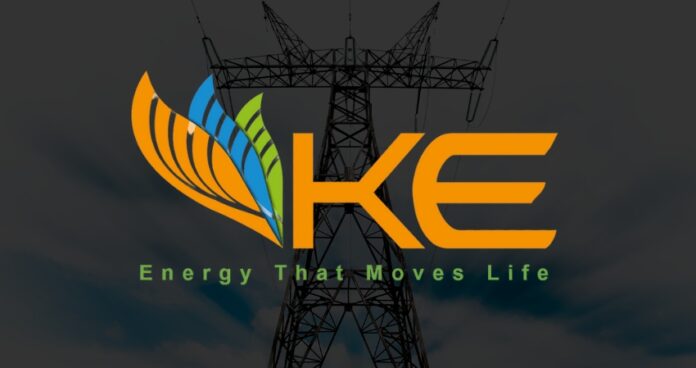The Economic Coordination Committee (ECC) of the Cabinet has approved a roadmap to resolve the long-standing issues with K-Electric (KE), the Karachi-based integrated private utility, involving over Rs400 billion in government claims and Rs210bn in counterclaims from KE.
The ECC, chaired by Caretaker Finance Minister Dr Shamshad Akhtar, allowed the signing of four agreements between KE and various government entities, as recommended by a special task force led by former prime minister Shahid Khaqan Abbasi in July.
The agreements include a power purchase agency agreement (PPAA) to ensure the supply of 1,100MW from the national grid to KE for the next 10 years, an interconnection agreement (ICA) to facilitate the power off-take, a tariff differential subsidy agreement (TDA) to guarantee the government subsidies, and a mediation agreement to settle the historic payables and receivables through a neutral third party.
The ECC also directed the Power Division to present the matter related to KE’s generation enhancement plan to the Cabinet Committee on Energy (CCoE), which should focus on reducing the cost of electricity as well as the resultant subsidies.
KE has committed to add a baseload capacity of 3,000MW over the next 10 years in independent power producer (IPP) mode, including new equity-based projects and the upgradation and conversion of old plants.
One of the key features of the roadmap is the utilisation of one unit of the government-owned Jamshoro power plant to supply electricity to KE on imported coal, later converting to local coal. Another unit of the same plant would also supply power to KE, with the financing mode yet to be decided.
The Power Division concedes that this transaction has substantial financial implications for the government but deems it beneficial in the long term for foreign exchange savings.
The ECC hopes that the roadmap will help improve the power situation in Karachi, which has been facing frequent load-shedding and breakdowns due to the mismatch between demand and supply, as well as the ageing infrastructure of KE.




